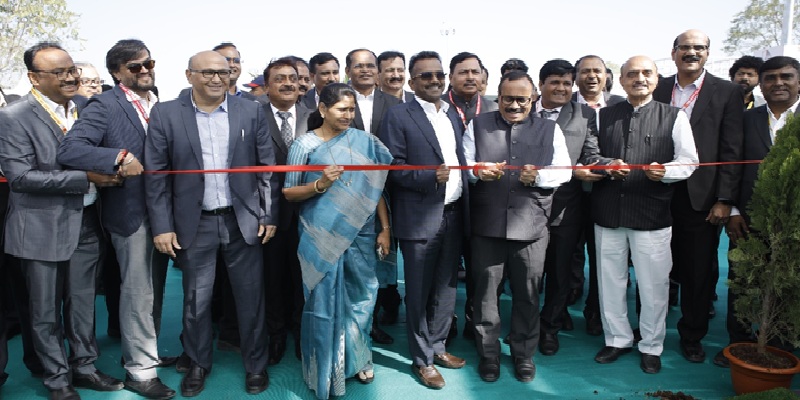Schedule a Call Back
Why is demand rising for single-use plastics?
 Articles
Articles- Aug 23,23

Related Stories

Avro India Launches Large-scale Flexible Plastic Recycling Facility in Ghaziabad
Avro India Limited has commissioned a greenfield recycling facility in Ghaziabad to process difficult-to-recycle flexible plastics, strengthening India’s circular economy and EPR compliance ecosys..
Read more
How is AI shaping the future of cement milling?
AI is transforming cement milling by enabling dynamic, data-driven control that improves energy efficiency, stabilises throughput and enhances asset reliability. By leveraging real-time data, predic..
Read more
4 Low-VOC Industrial Paints That Deliver High Performance in Tough Environments
Volatile organic compounds (VOCs) - contaminating air and water - can affect health. In this article, Emily Newton explores four high-performance, low-VOC industrial paint options that reduce harmfu..
Read more














